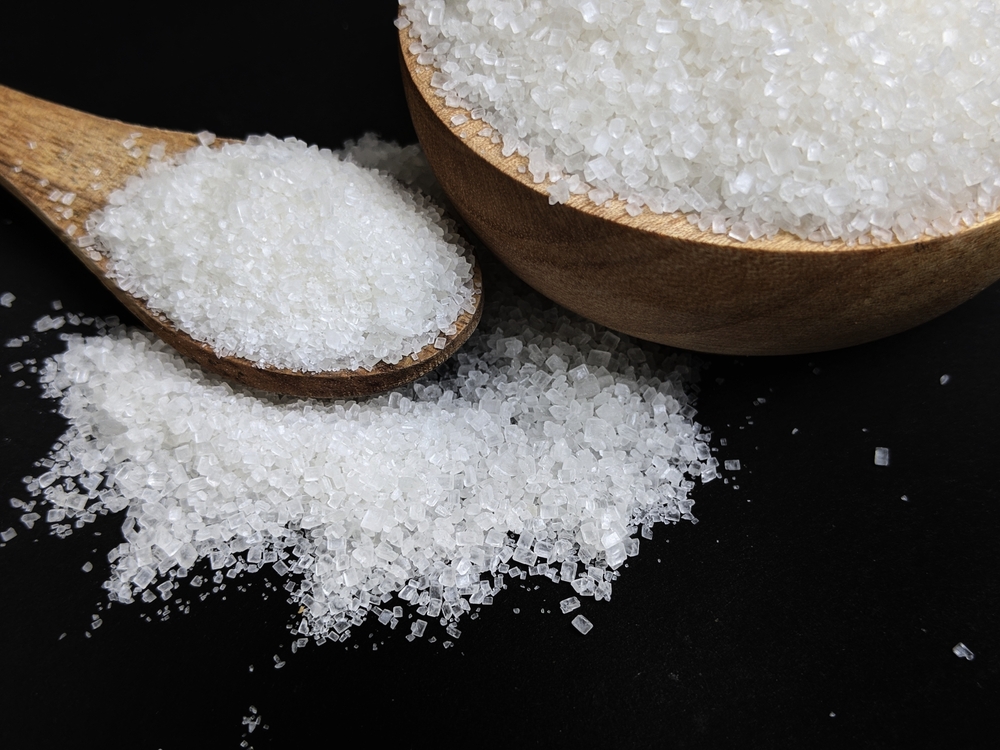Excessive consumption of added sugar is widely recognized as a health hazard, linked to chronic conditions such as obesity, Type 2 diabetes, and heart disease. While many turn to sugar substitutes as a perceived healthier alternative, recent research has questioned whether these replacements are truly a better option. Although fears of artificial sweeteners causing cancer have largely been debunked, concerns persist about their potential long-term effects. Studies suggest that regular use of artificial sweeteners may correlate with an increased risk of stroke, heart disease, and overall mortality, although these risks could also be tied to other lifestyle factors.
Enter allulose, a new sugar substitute gaining traction for its low-calorie content and similarity in taste to cane sugar. Marketed as a naturally occurring sugar found in foods like figs, raisins, wheat, maple syrup, and molasses, allulose has been praised for its unique properties. Unlike traditional sugar, it doesn’t contribute to tooth decay or impact blood sugar levels, making it an attractive option for health-conscious consumers. However, the rise of allulose has prompted questions about its safety and long-term health implications.
A 2024 study examining the effects of allulose on gut health found no significant differences in microbial diversity, pathogenic bacteria levels, or short-chain fatty acid production between test and control groups. These findings suggest that allulose consumption doesn’t negatively impact gut health. Despite this reassuring data, experts caution against overconsumption, particularly given that the allulose available on grocery shelves is often concentrated in much higher quantities than what naturally occurs in foods.
The U.S. Food and Drug Administration (FDA) has classified allulose as “generally recognized as safe” (GRAS), which allows its use in food products. Yet, health professionals stress that this designation does not equate to rigorous testing. Registered dietitian Dawn Menning points out that while allulose appears promising, further studies are necessary to fully understand its benefits and potential drawbacks. She emphasizes that sustainable nutrition and long-term health strategies are critical when incorporating new products like allulose into one’s diet.
Interestingly, not all countries have embraced allulose. While it’s approved for use in the United States, Mexico, and parts of Asia, Canada and Europe have withheld approval, labeling it a “novel food” due to insufficient testing. This cautious stance underscores the fact that the FDA’s GRAS status does not guarantee exhaustive evaluation. As allulose continues to gain popularity, consumers are advised to remain informed and cautious, balancing enthusiasm for a new sugar substitute with the need for a holistic approach to health and nutrition.

